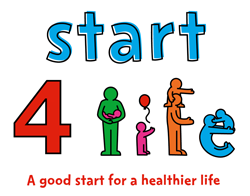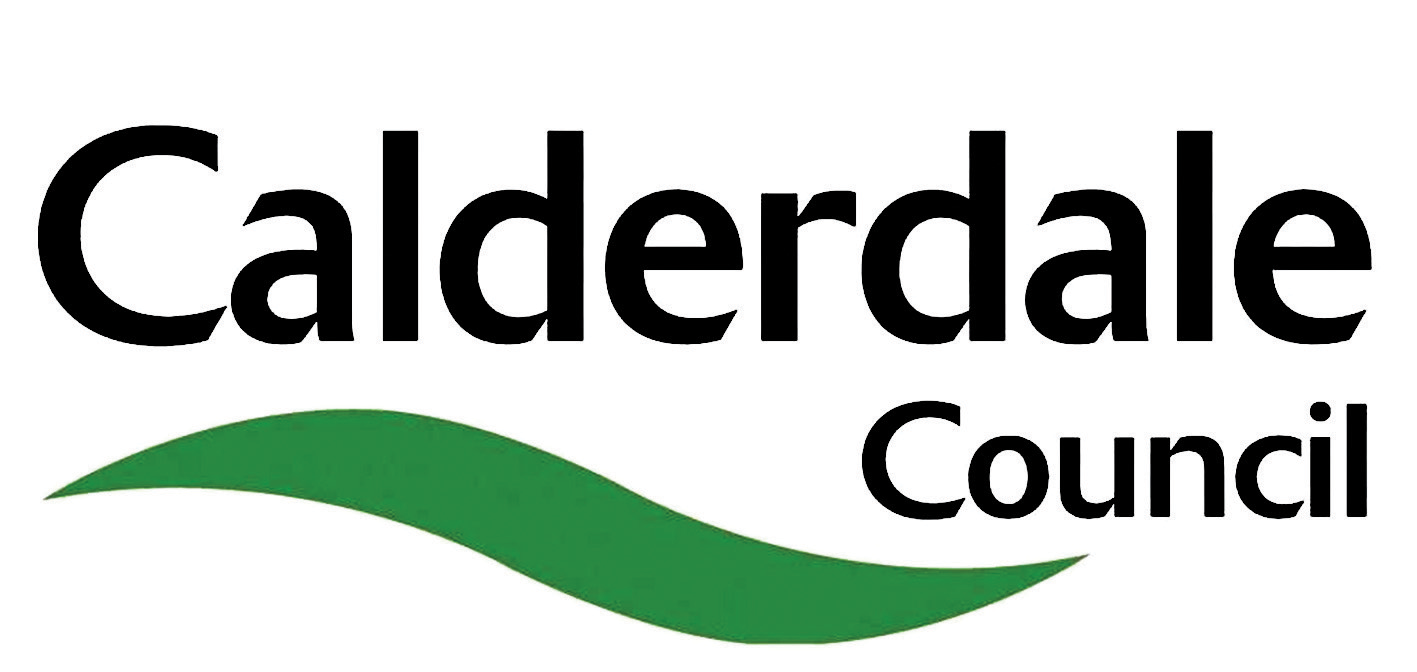With healthy habits from birth, you can give your baby a good start for a
healthy and happy future. Breast milk is ideal for your baby’s growing
needs. Talk to your health visitor if you have any questions about how and
when is best to wean your baby.
It is easier to develop healthy eating habits in children at an early stage in their
lives. Babies like the foods they get used to. If you give them lots of different,
healthy foods to try when they are babies and toddlers, they are more likely to
eat a variety of healthy foods as they grow up. Avoid salt, sugar, honey, nuts,
saturated fats, low-fat foods, raw shellfish or eggs for babies.
Being physically active takes brain and muscle power so it plays an
important part in your baby's development. As they grow, you can help them
by playing with them and helping them make new movements and explore
their surroundings. Physical exercise helps with all aspects of physical and
mental wellbeing and it helps avoid becoming overweight or obese.
Physical activity guidelines
Being physically active every day is
important for healthy growth and
development.
Babies -
Before your baby begins to
crawl, encourage them to be physically
active by reaching and grasping, pulling
and pushing, moving their head, body
and limbs during supervised floor play,
including tummy time.
Toddlers -
Should be physically active
every day for at least 180 minutes (three
hours), spread throughout the day,
indoors or outside. This can include a
mixture of light activity such as standing
up, moving around, rolling and playing, as
well as more energetic activity like
skipping, running and jumping.
All children aged under five -
Children under five should not be inactive for long
periods, except when they're asleep.
Watching TV, travelling or being strapped
into a buggy for long periods are not good
for a child's health and development.
Many parents are unaware of the dangers of
their child being overweight or obese but by
following the top tips below you can make a
difference to your child’s health.
-
Meal time - It’s important for kids to
have regular, proper meals as growing
bodies respond better to routine.
-
5 a day - Include 5 portions of fruit
and/or vegetables a day.
-
Sugar swaps - Avoid sugary drinks
particularly between meals - water or milk
are the best option.
-
Snack check - Many snacks are full of
the things that are bad for us - sugar, salt,
fat and calories. So try fruit (avoid dried
fruit which can damage teeth when given
as a snack), cut vegetables or breadsticks
as an alternative.
-
Me size meals - It’s important to make
sure kids get just the right amount for
their age.
Up and about - Children are naturally
active. Limit the amount of
time they spend watching TV
or playing computer games.

Source: www.nhs.uk/start4life
Visit your local leisure centre to find out about activities including swimming sessions for
babies and toddlers.
www.calderdale.gov.uk/leisure/sport-fitness/sports-centres-pools
Passport to Leisure is a discount card scheme, run by Calderdale Council, which enables qualifying groups of people to enjoy fantastic discounts on sport, recreation, leisure and cultural facilities provided by the Council and other participating organisations. www.calderdale.gov.uk/v2/residents/leisure-and-culture/leisure-pass/passport-leisure
Playing outside is a big part of helping children learn new skills, explore and develop new
experiences to learn and grow from. Local parks are an excellent place for children to run
around and be active. Many have play areas with swings and slides. Find a park near you.
www.calderdale.gov.uk/v2/residents/leisure-and-culture/parks-and-open-spaces
How active should my child be?
(6 to 30 months)
1
My child is a fussy
eater and I worry that
they are not getting
enough food.
2
If your child is active,
gaining weight and it's
obvious they're not ill,
then they’re getting
enough to eat.
3
As long as your child eats
some food from the four main
food groups (milk and dairy
products, starchy foods, fruit
and vegetables, protein), you
don't need to worry.
Source: NHS Choices Fussy Eaters/Department of Health



